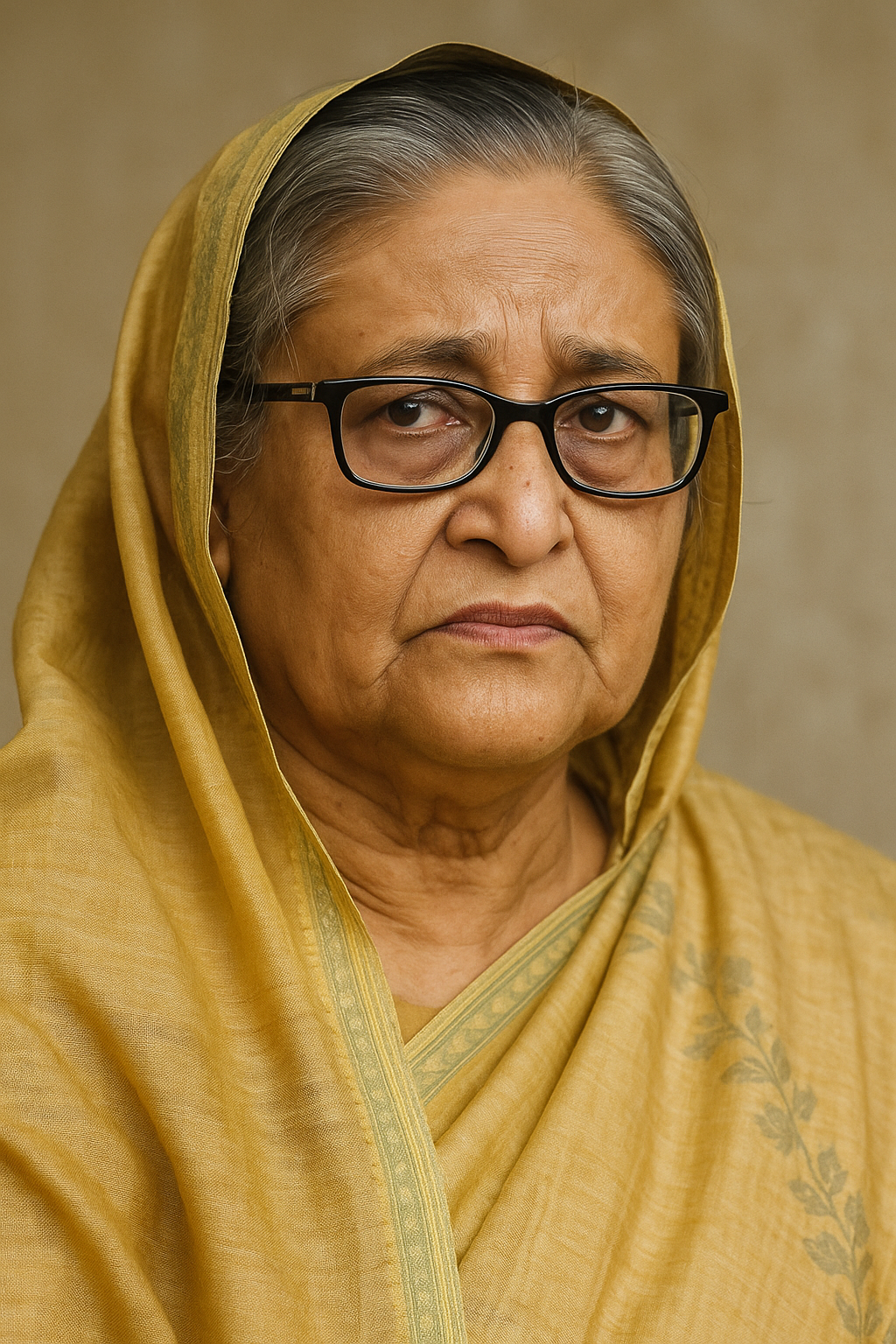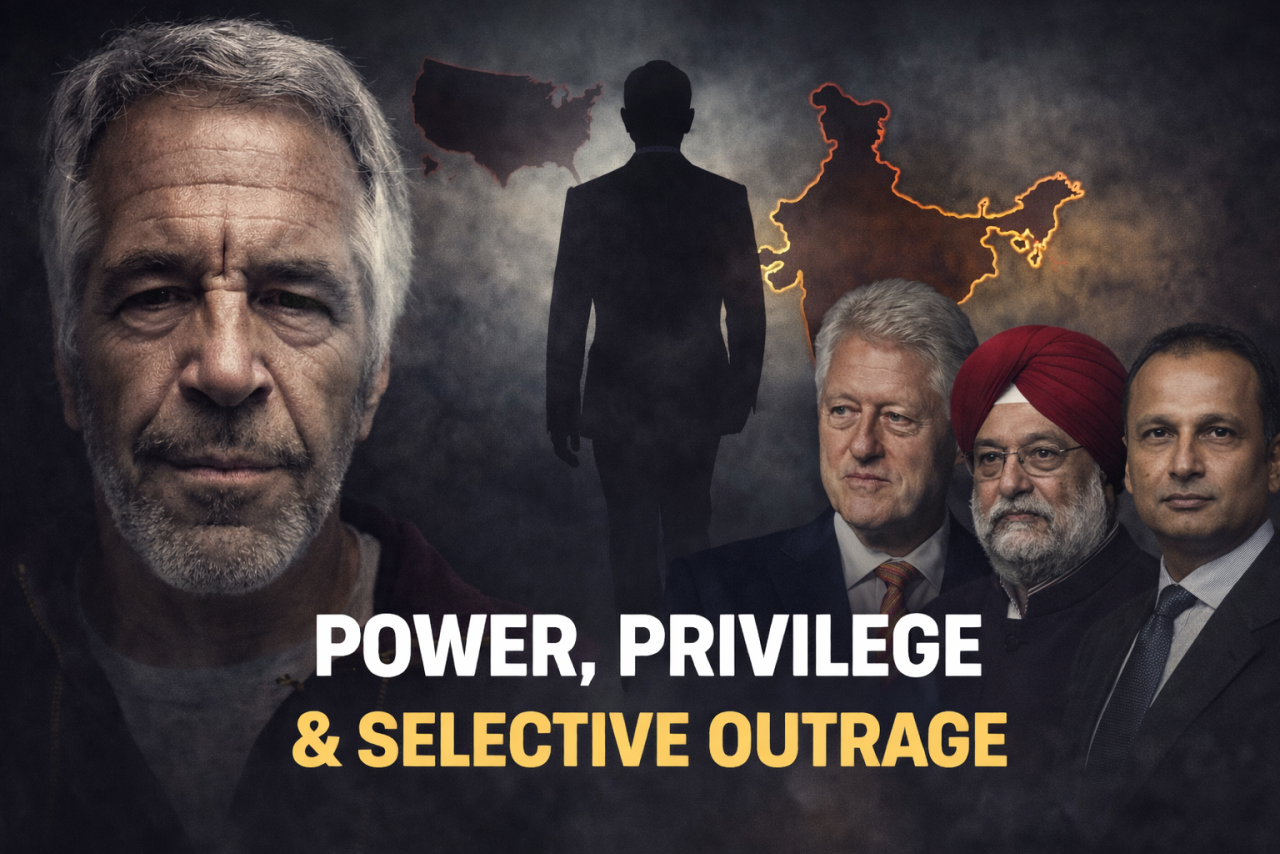
In Bangladesh, the ghosts of July 2024 still linger like smoke after a firestorm—sharp, acrid, and impossible to ignore. Streets once flooded with student chants are now quieter, but not peaceful. Their rage has seeped into courtrooms and crept into international headlines. And at the heart of this slow-burning political bonfire stands Sheikh Hasina, former prime minister, now a fugitive under indictment for crimes against humanity.
The events unfolding in Dhaka resemble the tail end of a Shakespearean tragedy—power grasped too tightly, loyalty demanded too fiercely, and consequences pursued too late. Hasina, 77, fled to India after a student-led uprising scorched the government’s grip. Over 1,400 students, most of them barely old enough to vote, were killed between July and August 2024 in what global observers are calling one of the most brutal crackdowns in recent South Asian memory.
According to BBC audio analysis and official tribunal documents, Hasina didn’t merely authorize the suppression of protesters—she allegedly commanded the use of lethal force with the cold efficiency of someone well-versed in the cost of holding on to power. The recordings, reviewed by forensic experts and deemed authentic, captured her allegedly instructing security forces to “use lethal weapons” and to shoot on sight. The phrase—“wherever they find them, they will shoot”—now echoes like a grim eulogy across student hostels and burnt-out university campuses.
The panel that indicted her—led by Justice Golam Mortuza Mozumder—also included charges against former home minister Asaduzzaman Khan and ex-police chief Chowdhury Abdullah Al-Mamun. The latter, unlike Hasina, stayed behind and sang like a canary, pleading guilty and agreeing to testify. In the courtroom, he became an approver, the legal term for a traitor with benefits.
Hasina’s Awami League, now banned, dismissed the tribunal as a “kangaroo court.” But this is no circus. This is a reckoning. The interim government, led by Nobel laureate Muhammad Yunus—once targeted by Hasina herself—has been meticulous. Even India has been served an extradition request, though its silence so far has been louder than any diplomatic rejection. Perhaps South Block isn’t ready to toss Hasina into the pyre just yet. Perhaps there are debts owed.
Inside Bangladesh, the shift has been tectonic. The universities, once silenced by fear, now fuel the movement. These students weren’t agitating for a Spotify discount or free Wi-Fi—they wanted a fair shot at public sector jobs. Instead, they received bullets and curfews. When Hasina’s police opened fire, they didn’t just break up protests; they broke a contract between the state and its future.
The spectacle would be darkly comic if it weren’t real. A grandmother-like figure in a sari ordering teenagers to be shot for protesting quotas is the kind of storyline that would be laughed out of a Bollywood scriptwriter’s room for lack of subtlety. Yet here we are, staring at a BBC-verified tape and a nation shaken by its own recent history.
Hasina’s defenders say it’s all a witch hunt. That Muhammad Yunus, who had his own battles with Hasina during her reign, is settling scores. That the court is politicized. They say she was ousted not by votes, but by vendetta. And perhaps there’s some truth to that. Power doesn’t die quietly in the subcontinent. It explodes, leaves ashes behind, and returns wearing a different face.
What cannot be brushed aside is the blood in the books—the funerals held without names, the mothers still waiting outside police stations, the protest banners faded by sun and monsoon alike. A country built on the promise of liberation in 1971 now finds itself fighting another war, not for land or language, but for accountability.
Hasina, still holed up in India, now resembles the very autocrats she once opposed in her youth. History has a cruel sense of irony. It prefers full circles over clean breaks.





















